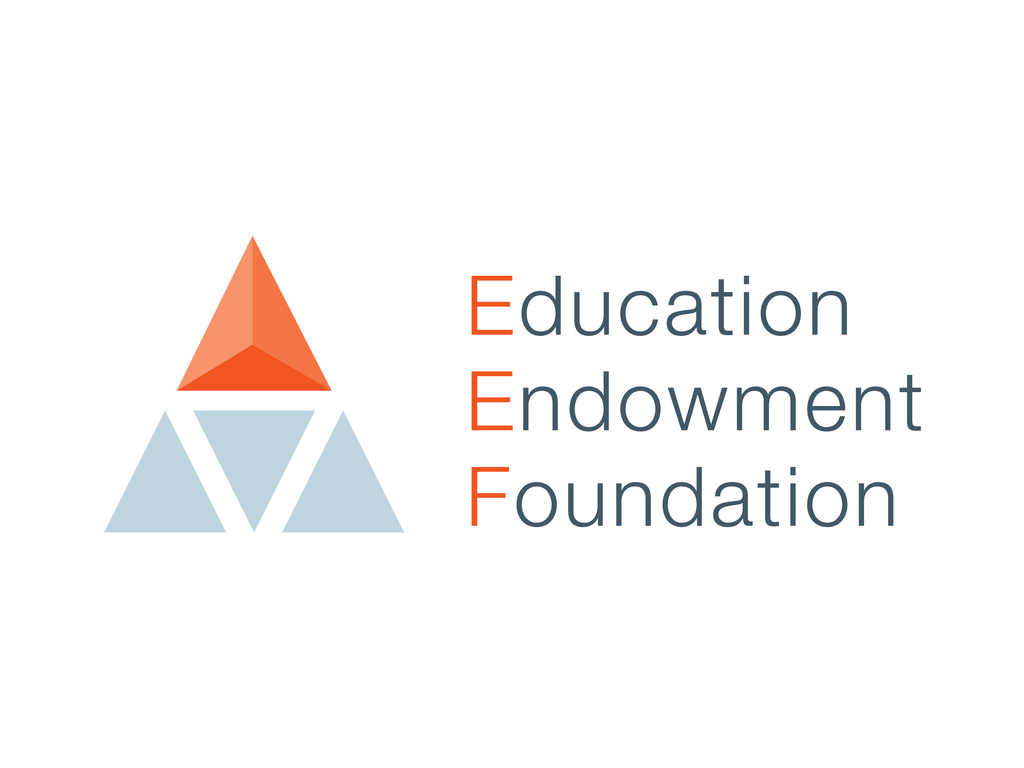The following domains were identified in the conceptual mapping exercise. Although they are presented as distinct concepts, in practice the domains are inter-related and overlap, and most measures in the database relate to several different domains.
How children and adolescents think, feel and behave in relation to pursuing goals. This includes how capable and engaged they feel, and their attitude and sense of control when faced with challenges or setbacks.
Ability to identify and monitor emotions. This includes skill in being aware of others’ emotions and using this to build good relationships, and using emotional information to guide one’s thinking and behaviour.
Emotional regulation, self-control, relationship and skills, and using these skills to make responsible decisions.
The extent to which children and adolescents feel happy, connected to others, confident, and able and willing to grow and learn. This does not include mental health difficulties (recent measure reviews have been done).
The ability to deal with difficulties, adversities and risks, and how well children and young people can identify and use support (e.g. from parents or the community).
How an individual identifies themselves, specifically in relation to self-concept (e.g. what are they good or capable at), ideal self (e.g. what are they capable of becoming), and self-esteem (e. g. the gap between the two).
The ability to think, plan and monitor one’s own learning, including planning, and evaluating performance in relation to academic progress.
SPECTRUM: essential skills and non-academic outcomes
First steps and caveats

SPECTRUM: essential skills and non-academic outcomes